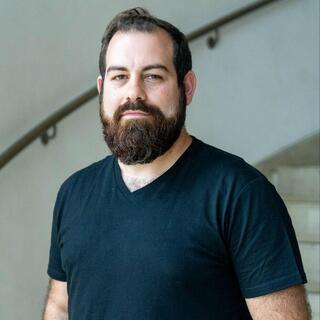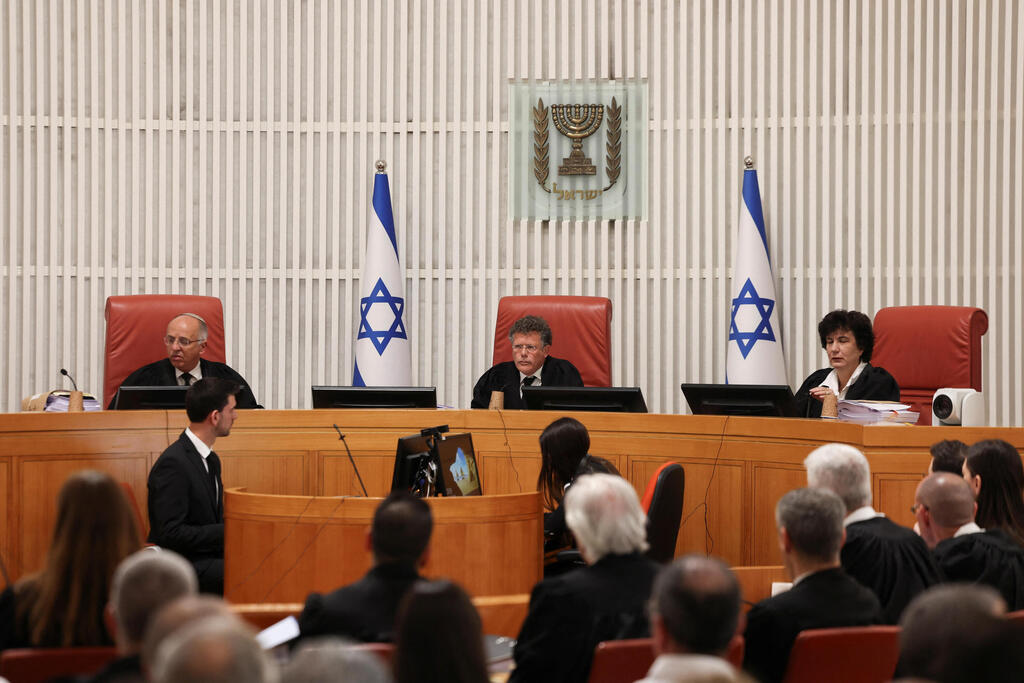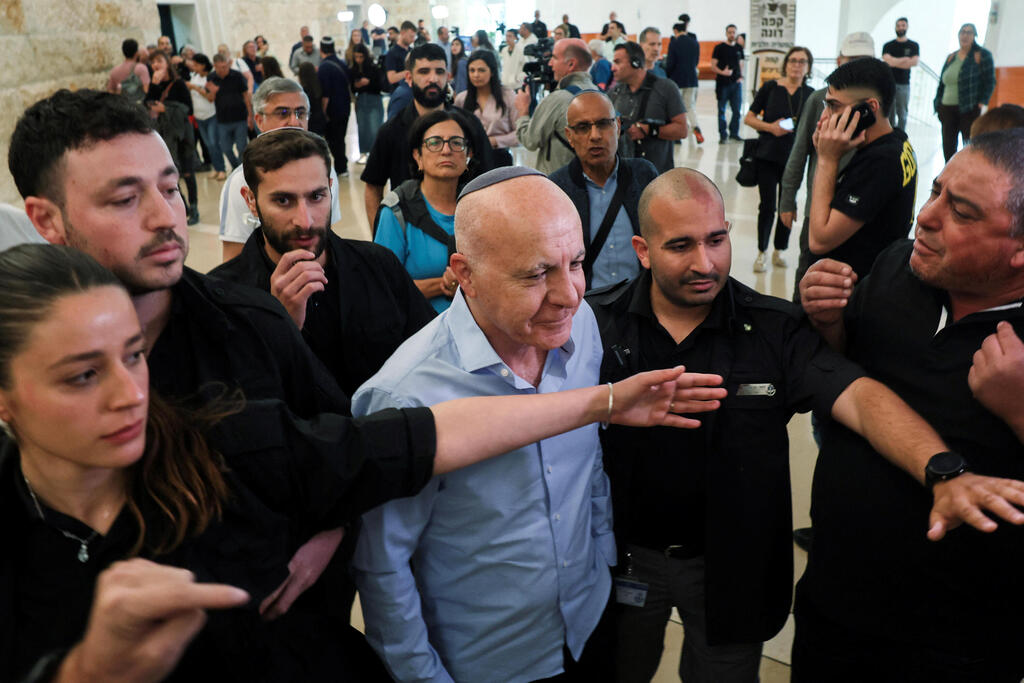Getting your Trinity Audio player ready...
Update: After nearly 11 hours of deliberations, Supreme Court President Justice Yitzhak Amit on Tuesday evening concluded the session on petitions to block the firing of Shin Bet chief Ronen Bar, saying he would allow Attorney General Gali Baharav-Miara and the government time to reach a "creative solution" by the end of Passover. “After seeing signs of willingness from both the cabinet secretary and the attorney general, we are giving you until after Passover to come up with the most creative solution possible,” Amit said. “We encourage dialogue wherever possible.” Justice Dafna Barak-Erez added, “You must try—we’re giving you as much leeway as you need to submit something jointly.” Justice Noam Sohlberg noted, “You know how to be both creative and quick.”
Supreme Court President Yitzhak Amit confronted a government representative in court on Tuesday, accusing him of trying to intimidate the judiciary during a dramatic hearing at the High Court of Justice on the planned dismissal of Shin Bet Director Ronen Bar.
Attorney Zion Amir, representing the government, argued that the panel of justices was focusing too narrowly on legal authority rather than broader issues, and warned: “What will the court’s responsibility be if it decides against dismissal and a security incident occurs?”
Justice Amit pushed back sharply. “Until now, responsibility lay with the government, yes? Are we also to be credited for Shin Bet’s successes?” he said. “I know that’s not what you intend, but it comes across as fearmongering. When the court tells the transportation minister he cannot expropriate land for a rail project, the minister can’t turn around and say, ‘Well now the responsibility is on the court.’ I reject your claim.”
The High Court of Justice is hearing eight petitions against the government’s move to end Bar’s term, a decision Prime Minister Benjamin Netanyahu defended by claiming a breakdown of trust with the security chief.
Amir argued that distrust had been mounting since the Oct. 7 Hamas-led assault on southern Israel, not only after the Qatargate investigation—an inquiry into reported ties between senior government figures and Qatari intermediaries. “Let’s put it simply: this mistrust has been building for months,” he said.
He warned that allowing Bar to remain in office could lead to lasting harm. “This isn’t just a matter of procedure. I see a danger to democratic governance. This could unintentionally damage orderly administration,” Amir said. “The aggrieved party here is Ronen Bar, but he hasn’t filed a petition.”
Justice Daphna Barak-Erez stressed that decisions involving a security chief must be based on an appropriate factual foundation. “The government must act according to proper procedures. Everyone here agrees this isn’t an ordinary role,” she said.
Though Justice Amit emphasized that the hearing was not meant to revisit the events of Oct. 7, Amir argued that the fallout from that day cannot be ignored. “This decision is not made in a vacuum. We are at war on seven fronts,” he said, calling suggestions of a slower process “more like something out of Switzerland.”
Amir accused Bar of defying his subordination to the government. “Section 4 of the Shin Bet law makes it clear the director is subordinate to the government. That subordination has been broken,” he claimed. He also criticized Bar for skipping the cabinet meeting where his dismissal was discussed and sending a letter instead. “He confirmed his attendance, then canceled at night. Who asked him for his second thoughts? This is not a private citizen refusing to show up—this is a direct challenge to the government’s authority,” he said.
Comparing the court’s potential intervention to ordering a married couple to stay together, Amir said: “There’s a complete breakdown of trust between the prime minister and the Shin Bet chief. It’s like trying to force a husband and wife to live together. The relationship is over—the structure has collapsed.”
Justice Amit replied that the court was not examining security strategies or the personal dynamics between Bar and Netanyahu, but whether proper legal procedures were followed in seeking Bar’s dismissal.
The tense hearing was briefly interrupted multiple times. At one point, Justice Amit ordered the removal of MK (Likud) Tally Gotliv, who repeatedly shouted during proceedings. “The judiciary must be allowed to function without intimidation,” he said.
Due to disruptions, the justices eventually decided to continue the hearing without a public audience, though it remained open to the press and was broadcast live.
Throughout the day, the court dealt with vocal protesters, emotional appeals from bereaved families, and the presence of senior former security officials. Critics warn that removing Bar under contested circumstances threatens the professional independence of Israel’s internal security service.
First published: 09:26, 04.08.25






